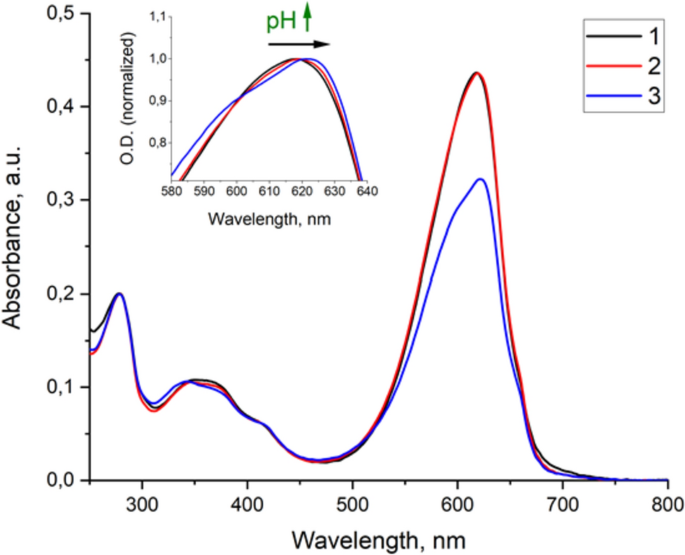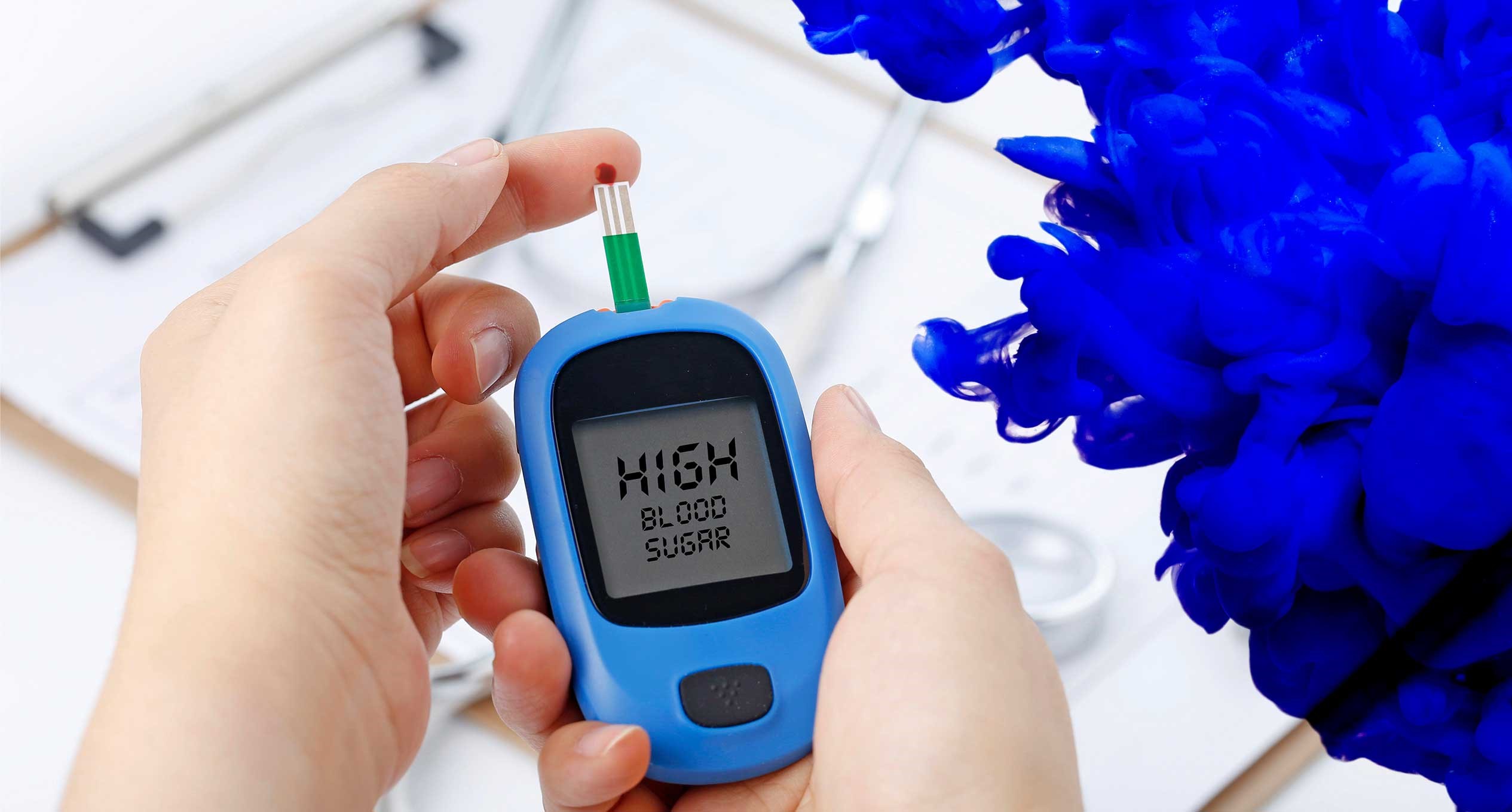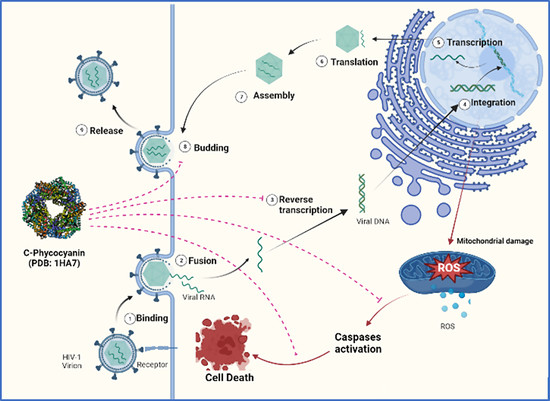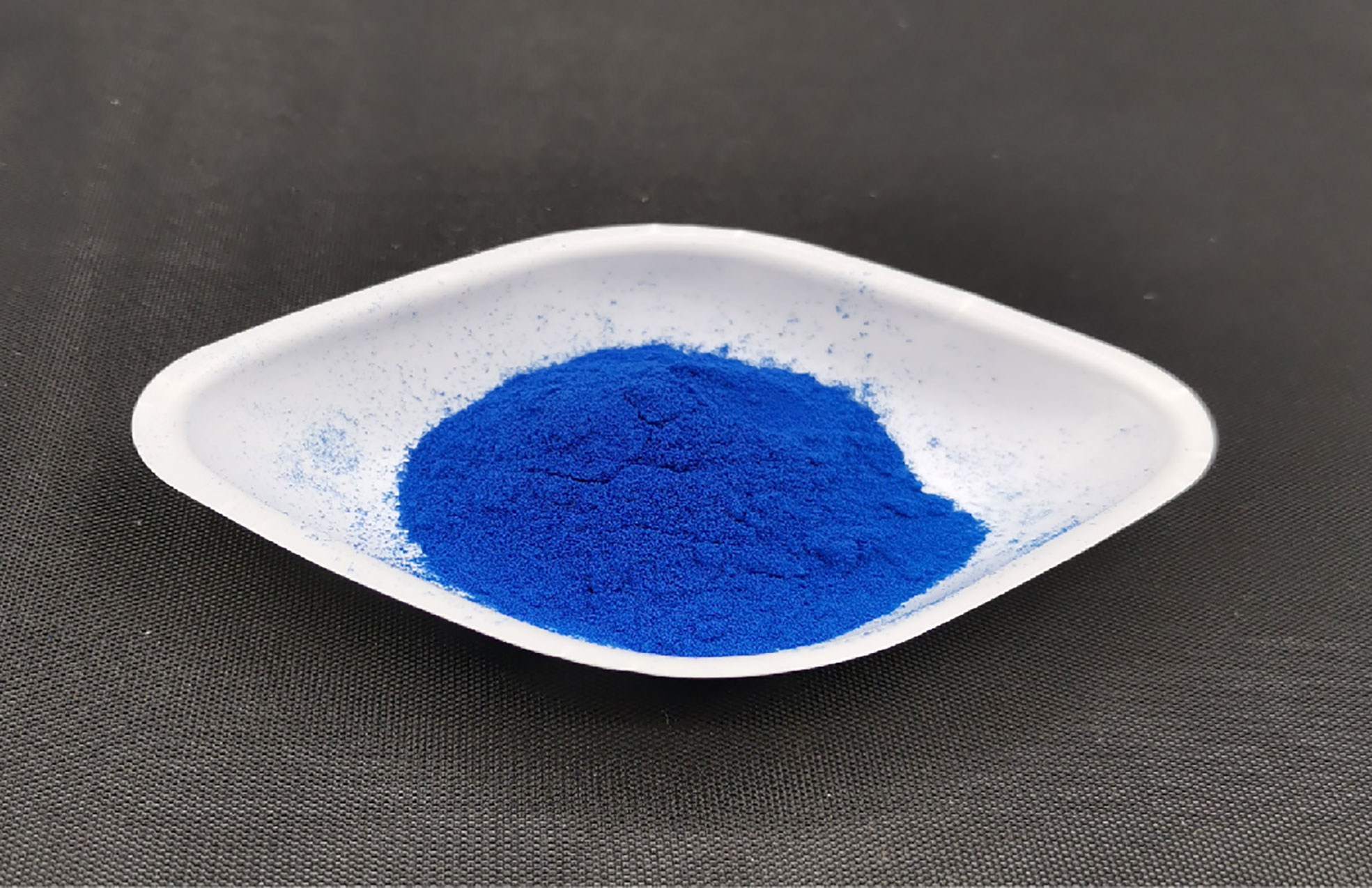The Benefits of Phycocyanin
Phycocyanin, which is derived from spirulina, has been used for its staining properties for a long time, and is a protein with countless benefits. Produced under strict conditions, this natural food supplement is suitable for most people, and among other things, can reduce fatigue, improve physical and mental skills, as well as boost the immune system.
What phycocyanin is?
Phycocyanin comprises 3 water-soluble liquid proteins characterised by their cyan blue colour spectrum, and has been used for a long time for its staining characteristics. Phycocyanin is the only natural dye still authorised in Europe. This cyan blue pigment is the component responsible for photosynthesis in spirulina. This microalga is a cyanobacterium widely known and used for its beneficial properties for health.
Many studies conducted to demonstrate that the qualities of phycocyanin go beyond its staining power have drawn attention. Indeed, this substance, which is liquid in its native state, can be packaged in the form of powder or tablets. It has many health benefits, but to take advantage of them, it is important to choose a quality phycocyanin that is bonded with water.
Phycocyanin absorption and stability.
Phycocyanin Absorption
Phycocyanin is a blue pigment (carried by a protein) naturally present in spirulina. To benefit from all its effects, the pigment must be dissociated from its protein to be absorbed in the intestine (duodenum).
In dry spirulina, this dissociation takes a long time (around 36 hours in vivo), making it very difficult to absorb phycocyanin during digestion of dry spirulina.
In fact, to be effective, phycocyanin needs to be absorbed very soon after ingestion, just as it leaves the stomach at the duodenal level. However, to be released from raw spirulina, phycocyanin has to pass through the various stages of spirulina digestion, making it bio-available only at the end of the digestive tract, a place much less conducive to its assimilation.
Taking dry spirulina for its phycocyanin content is therefore pointless.
In contrast, consumption of a spirulina extract concentrated in phycocyanin provides access to the pigment in free form (i.e. not bound to its carrier protein), making it directly absorbable by the body from the start of digestion, and boosting its performance.

Phycocyanin Stability
Phycocyanin in its absorbable form is an unstable molecule. To be absorbed in the intestine (duodenum), the phycocyanin molecule must be detached from its carrier protein. This makes it unstable, especially in aqueous environments where it tends to degrade. Studies show that phycocyanin extracted and stored in the presence of water oxidizes considerably over time.
On the other hand, when phycocyanin is solid, in powder form, it is much more stable and retains all its properties over time. That's why we've developed a unique presentation of powder dosed and packaged in vegetarian capsules that preserves all the qualities of this incredible molecule.
We recommend rehydrating the powder just before consumption, by pouring the contents of the capsule into a little water to make it even more absorbable.

Benefits Of Phycocyanin
The benefits of phycocyanin from PHYCOMANIA stem from the quality, concentration and stabilisation of the source pigment, in its native form of liquid protein bonded with water. This process forms the core of our exclusive expertise.
This blue protein has many benefits for the body, including the immune system. Several preliminary studies, the results of which have been published on the NCBI (National Centre for Biotechnology Information) website, suggest that phycocyanin can stimulate the production of white blood cells, which are essential to our immune system. It can also promote the production of antibodies, which are proteins produced by the immune system to fight off infections and diseases. Phycocyanin also has immunomodulatory characteristics, so it can control immune reactions to certain allergens, thereby reducing allergic reactions. Phycocyanin should not, however, be considered an alternative to a healthy lifestyle and diet, which are required maintain a strong immune system.
Phycocyanin to help regulate blood sugar levels
A lot of research has been conducted to study the benefits of phycocyanin, which demonstrated its effect on the regulation of blood sugar levels. Indeed, phycocyanin may help regulate blood sugar levels (glycaemia), due to its antioxidant and anti-inflammatory properties. These studies suggest that phycocyanin may help improve the effectiveness of insulin, a hormone produced by the pancreas to help regulate blood sugar levels.
Some studies have also suggested that phycocyanin may potentially affect the activity of glucokinase, an enzyme involved in glucose transformation and blood glucose regulation in pancreatic cells. Thanks to its blood sugar stabilising effects, phycocyanin may help control diabetes. Taking phycocyanin every day, regularly, over a period of two months may help reduce fasting blood sugar levels.

Phycocyanin to reduce free radicals
Free radicals are unstable and reactive molecules produced by the body. At moderate doses, these molecules play an important role in helping the body to fight viruses and bacteria. When produced in excess, these free radicals can result in tissue damage that causes a variety of chronic diseases, including cardiovascular disease, cancer, Alzheimer’s disease and premature ageing. The increase of free radicals in the body can be caused by external factors such as stress, pollution, smoking and a poor lifestyle.
To protect itself from this excess of free radicals, the body uses a group of antioxidant systems such as vitamins C, E and carotenoids that we get from our diet. Phycocyanin is a powerful antioxidant that helps to give the body a boost in the fight against free radicals. According to a study conducted on phycocyanin, its antioxidant power is greater than that of vitamin C and vitamin E. This blue protein helps the body fight against damage – such as the destruction of cells and tissues – caused by free radicals. It also slows down cellular ageing caused by free radicals.

Phycocyanin to improve sporting performance:
Phycocyanin has many health benefits for many people, but it is particularly beneficial for athletes. Thanks to its antioxidant power, phycocyanin improves recovery after superficial and deep wounds. Its antioxidant action may reduce the effects of inflammation so athletes can easily regain their potential after intense exertion. Phycocyanin also has a similar structure and function to erythropoietin (EPO). The latter is a hormone that increases the number of red blood cells in the blood. Thanks to the similarity between the chemical structure of phycocyanin and erythropoietin, taking this protein improves oxygenation of the blood, the organs and muscles so athletes can improve their performance.

Who Can Take Phycocyanin ?
Phycocyanin from PHYCOMANIA is a natural food supplement in liquid form, which is considered safe for most healthy adults. It can, therefore, be taken by all people and pets; if you have a doubt about any of the ingredients, ask your healthcare professional to advise you and confirm that it is fine for you to take it. Phycocyanin can also be taken by children, but it is important to follow the appropriate dosage recommendations for their age and weight. Pregnant or lactating women should consult a health professional before taking phycocyanin.
Athletes can also take phycocyanin since it increases resistance to aerobic and anaerobic exertion (apnoea). Phycocyanin may also improve endurance, enhance recovery and reduce cramps and the intensity of aches following exertion for those who take part in high level sports or leisure sports.
It is important to note that the quality and purity of phycocyanin may vary depending on the source and brand. So, it is important to choose a high-quality product from a reliable source to maximise the potential benefits of phycocyanin, and minimise the health risks associated with choosing an inappropriate product.

Conclusion
Phycocyanin, a magical substance from the algae world, is gradually becoming the focus of many industries with its unique chemical structure, excellent biological activity and wide application fields.
As the global market demand for healthy and natural products continues to rise, the phycocyanin market is booming, with a growing scale and strong growth momentum.
However, we should also be aware that the research and development of phycocyanin still faces many challenges. Looking to the future, phycocyanin is expected to achieve breakthroughs and innovations in more fields.
Phycocyanin is a bioactive substance with great potential, and its application prospects in many fields are broad. We need to strengthen the research and development of phycocyanin, constantly overcome technical difficulties, expand application fields, fully tap its value, and make greater contributions to the improvement of human health and quality of life.
References
- Benedetti S, Benvenuti F, Pagliarani S, Francogli S, Scoglio S, Canestrari F. Antioxidant properties of a novel phycocyanin extract from the blue-green alga Aphanizomenon flos-aquae. Life Sci. 2004 Sep 24;75(19):2353-62. PMID 15350832
- Bhat VB, Madyastha KM. C-phycocyanin: a potent peroxyl radical scavenger in vivo and in vitro. Biochem Biophys Res Commun. 2000 Aug 18;275(1):20-5. PMID 10944434
- Bhat VB, Madyastha KM. Scavenging of peroxynitrite by phycocyanin and phycocyanobilin from Spirulina platensis: protection against oxidative damage to DNA. Biochem Biophys Res Commun. 2001 Jul 13;285(2):262-6. PMID 11444835
- Bermejo-Bescós P, Piñero-Estrada E, Villar del Fresno AM. Neuroprotection by Spirulina platensis protean extract and phycocyanin against iron-induced toxicity in SH-SY5Y neuroblastoma cells. Toxicol In Vitro. 2008 Sep;22(6):1496-502. doi: 10.1016/j.tiv.2008.05.004.
- Chen JC, Liu KS, Yang TJ, Hwang JH, Chan YC, Lee IT. Spirulina and C-phycocyanin reduce cytotoxicity and inflammation-related genes expression of microglial cells. Nutr Neurosci. 2012 Nov;15(6):252-6. doi: 10.1179/1476830512Y.0000000020. 0
- Girardin-Andréani, C. Spirulina: blood system, immune system and cancer. Phytotherapy (2005) 3: 158. doi:10.1007/s10298-005-0095-9
- González R, Rodríguez S, Romay C, Ancheta O, González A, Armesto J, Remirez D, Merino N. Anti-inflammatory activity of phycocyanin extract in acetic acid-induced colitis in rats. Pharmacol Res. 1999 Jan;39(1):55-9. PMID 10366332
- François Haldemann Phycocyanin, the Blue Gold of Spirulina.
Send Inquiry
Related Industry Knowledge
- How to Easily Add Yeast Extract Beta Glucan Powder to Your Diet
- Is Resveratrol the Secret to a Healthier Heart?
- Organic Carob Powder Recipe and Benefits
- Benefits of Sea Moss and Bladderwrack Together
- Berberine UK Benefits in Weight Loss
- Mushroom Supplements: Best Health Benefits
- What is pqq good for?
- What does the liposomal creatine do?
- What does ergothioneine do for skin?
- Does AKG lower cholesterol?



